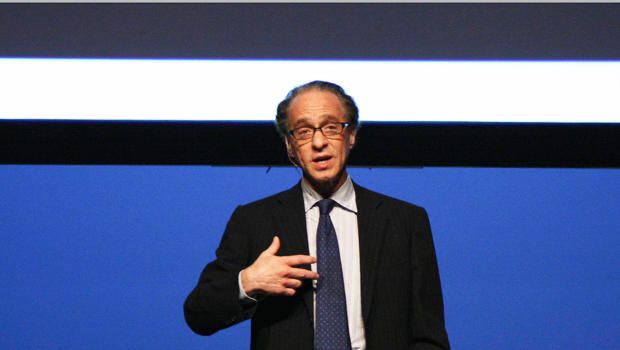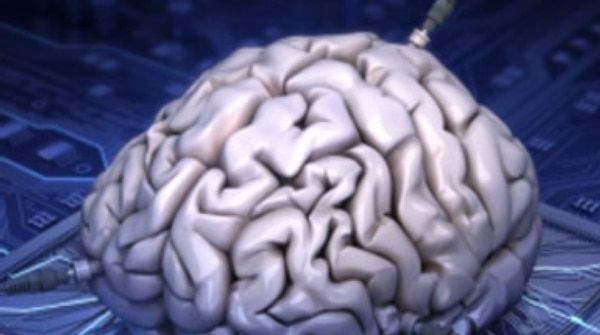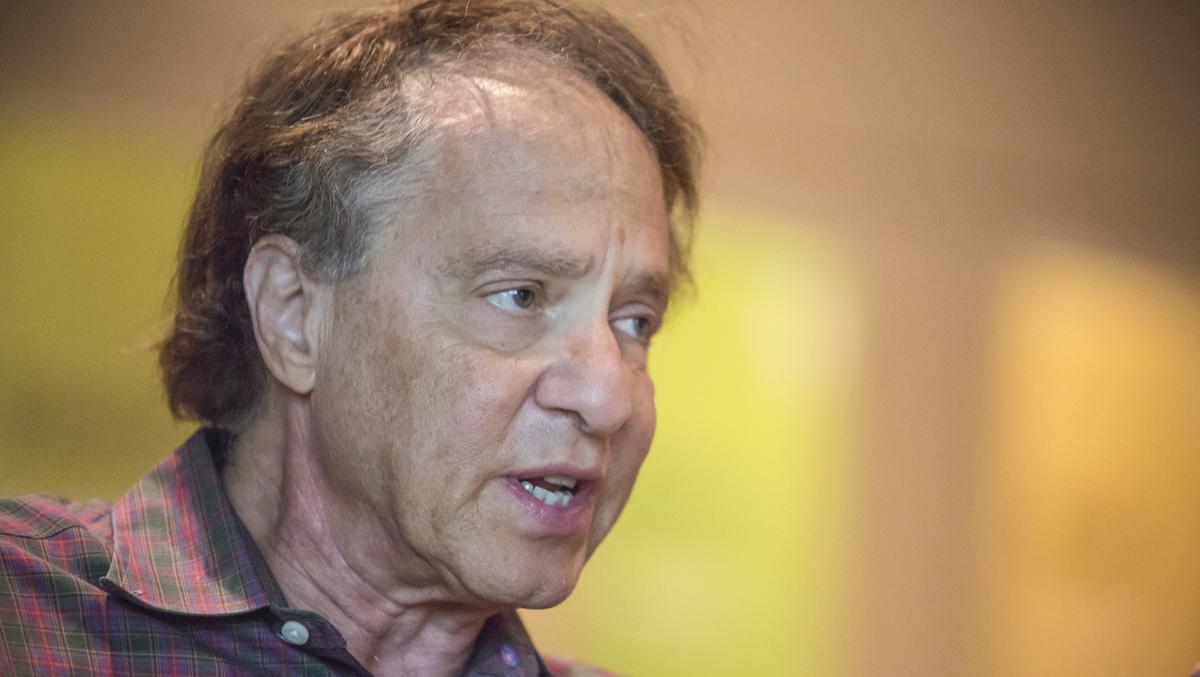Over time, technology offers solutions to old problems while creating new issues in the process. The more powerful the technology, the greater its potential to do good and harm. Artificial intelligence is no exception, and as AI has advanced, worry about its risks has grown too.
Technology’s dual identity isn’t new, Ray Kurzweil said in a Q&A at Singularity University.
“Technology has actually been a double-edged sword since fire, which has kept us warm and cooked our food but also burned down our villages,” he said.



